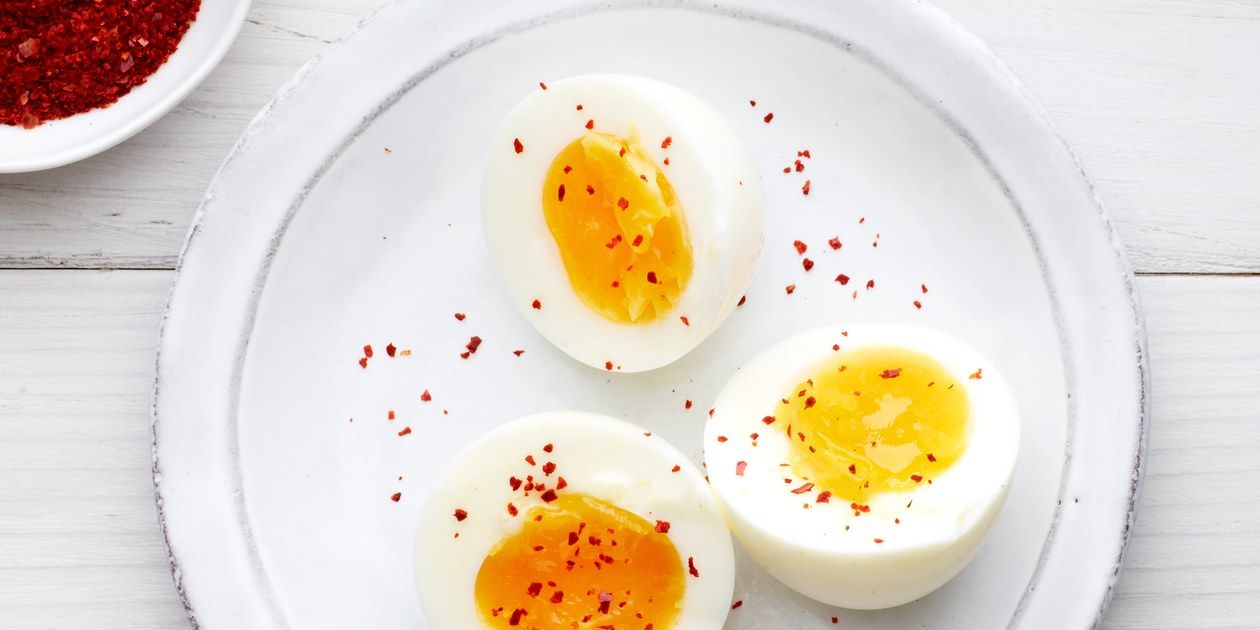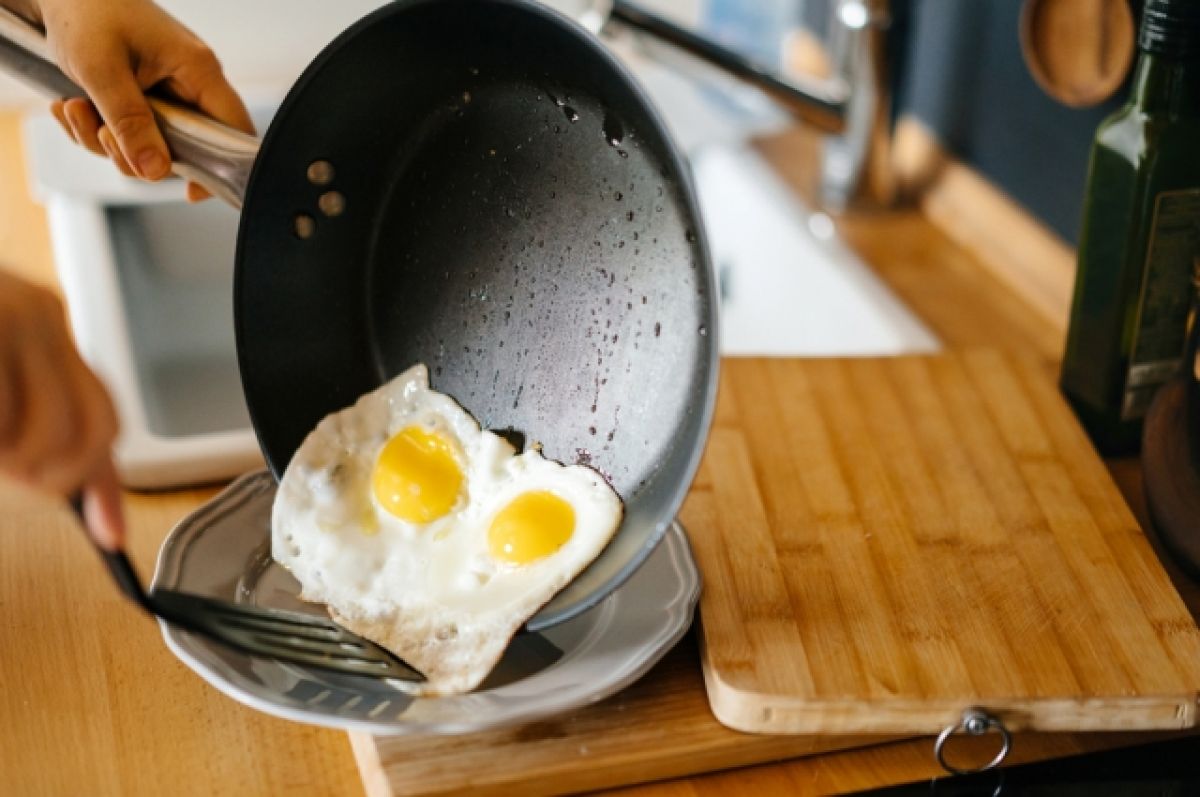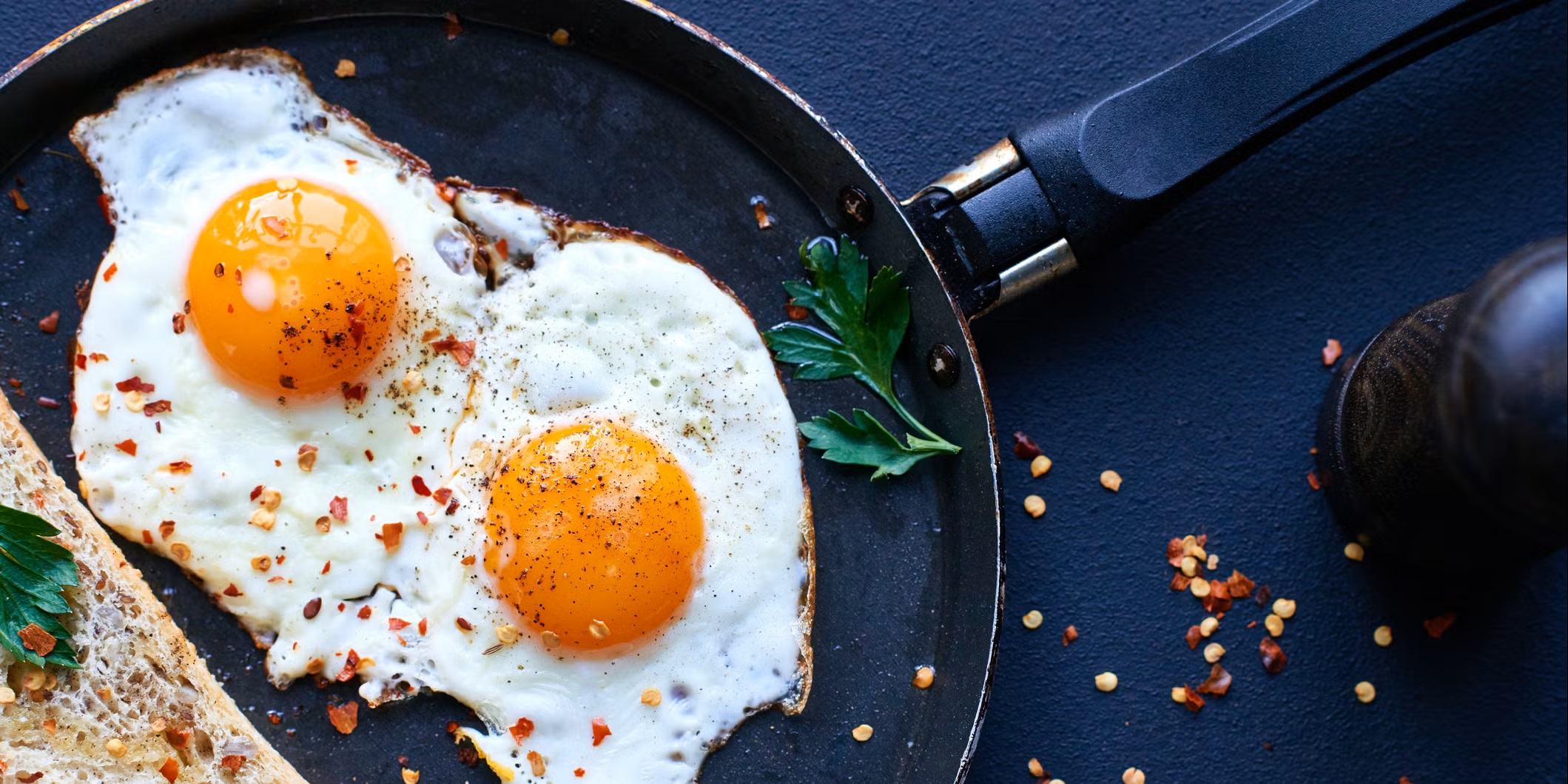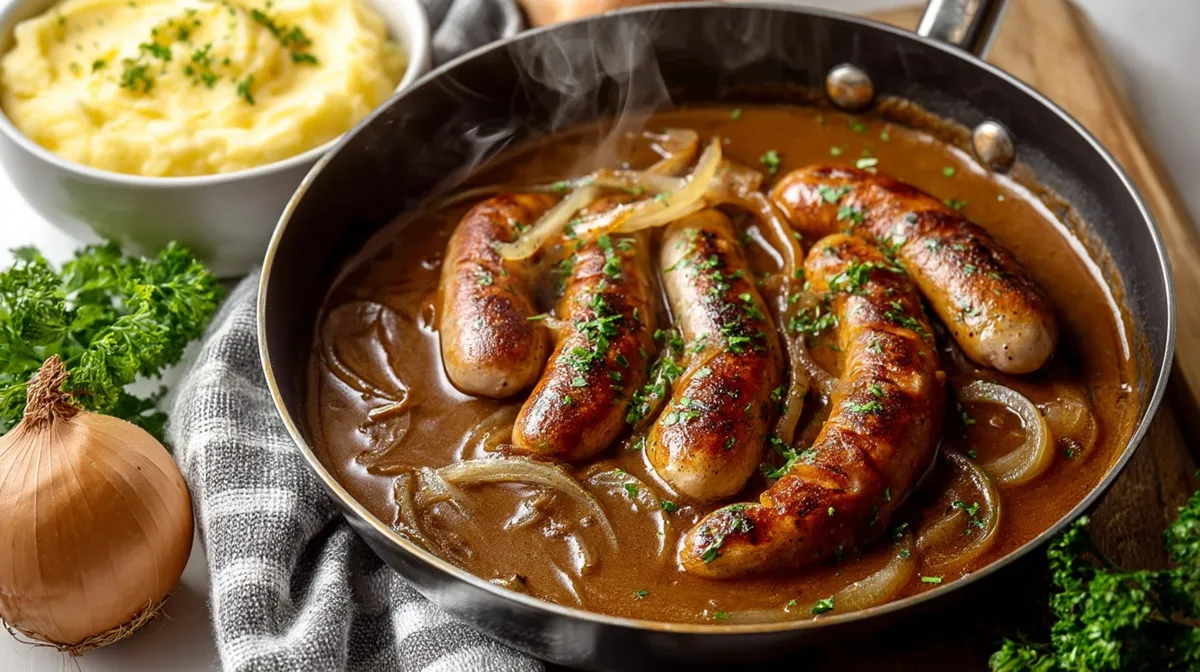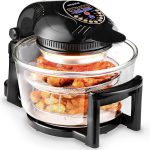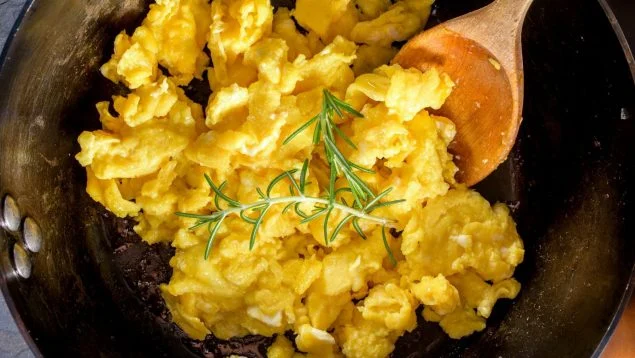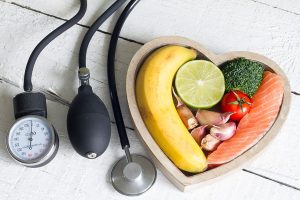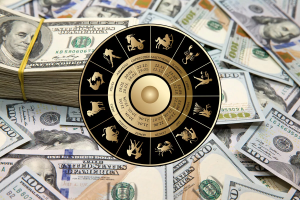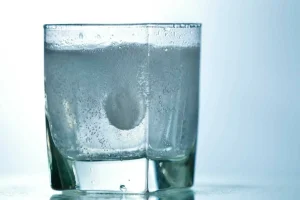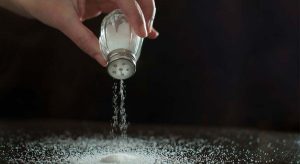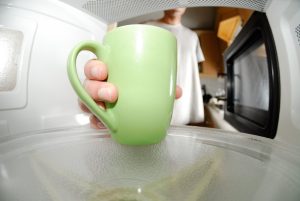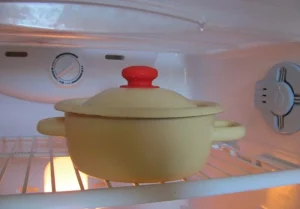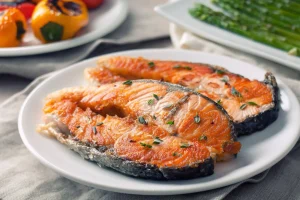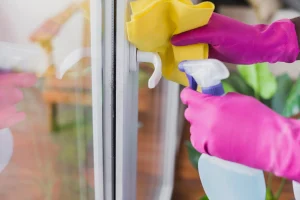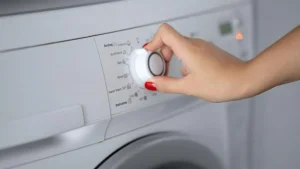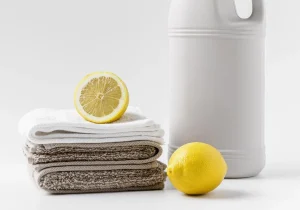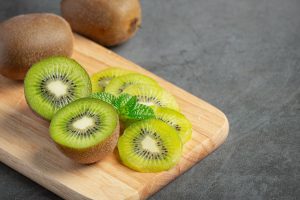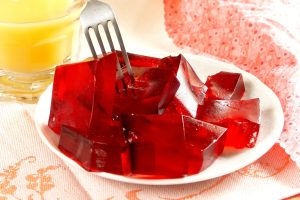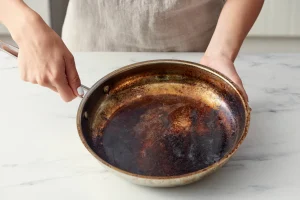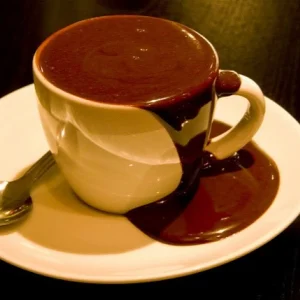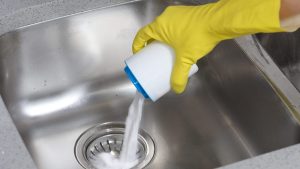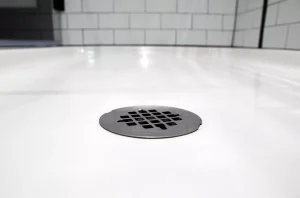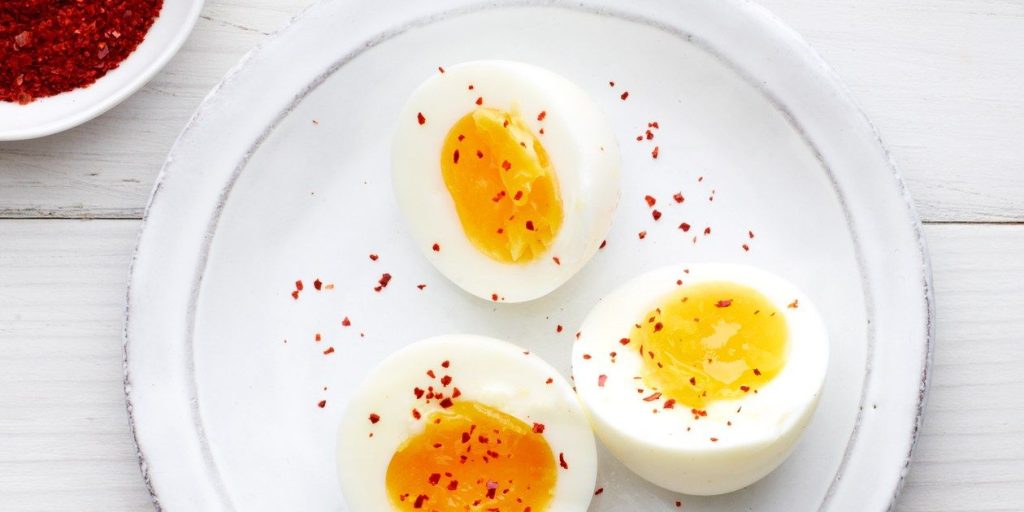
Whether hard or soft: eggs are popular not only at Easter. How long should they be cooked? How long do eggs keep, when should they be kept in the fridge and can they be frozen? Tips and recipes.
They are great in casseroles and pies, with vegetables, bread, potatoes or on their own as a breakfast or fried egg: eggs can be prepared in many different ways and are an ingredient in many dishes, not only in German cuisine.
Soft, medium, hard: how long should eggs be boiled?
The firmness of the yolk and white depends on the cooking time, which can vary slightly depending on the size of the eggs:
- Cooking time four minutes: egg whites and yolks are still very liquid.
- Cooking time five minutes: the hard egg white surrounds the soft yolk
- Cooking time seven minutes: the egg white and yolk are hard, the center of the yolk is waxy
- Cooking time ten minutes: The egg white and yolk are hard and can be cut without deformation.
To stop the cooking process, it is best to spoon cold water over the eggs after cooking.
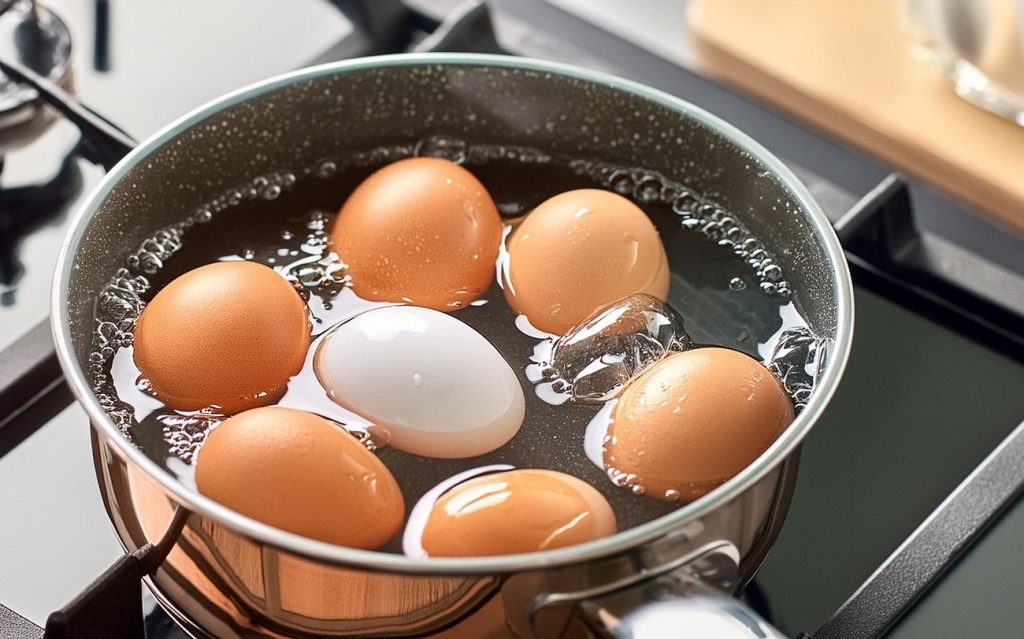
Vinegar and salt prevent bursting during the cooking process
The fact that pre-pierced eggs do not burst during cooking belongs to the realm of culinary legends. Experiments have shown that, on average, one in ten eggs breaks during cooking – whether they are pierced or not. It is most useful to add salt or vinegar to the boiling water. In this case, the leaking egg white will immediately curdle and seal the bursting point.
Cooking poached eggs: Here’s how
Poached eggs are a popular way to cook them. Adding vinegar to the cooking water is also helpful here. With a spoon, make a slight swirl in the boiling water, then gently lower the egg into the water and cook it in that swirl for a few minutes.
Cooking with raw eggs: make sure they are fresh
When handling eggs, it is important to pay attention to their shelf life. This is especially true for all dishes containing raw eggs, such as tiramisu, spaghetti carbonara, custard or homemade mayonnaise. These dishes should always be freshly prepared, well chilled and, if possible, eaten the same day.
Store and freeze leftover egg whites and yolks
Leftover egg whites and yolks, such as those left over after beating eggs for Easter decorations, keep a little longer. In a bowl in the refrigerator, they can keep for about two or three days or they can be frozen. Add a little salt or sugar to the mixture. Shell-less eggs keep for six to ten months in the freezer at minus 18 degrees. If you only have egg whites left, they can also be frozen without adding salt or sugar. Frozen eggs will keep for up to a year.
How long do eggs keep for?
Eggs have a natural protective layer. According to the Consumer Protection Center of Saxony-Anhalt, raw eggs can be stored in the refrigerator for up to three weeks. If you want to back up, it’s best to store eggs in the refrigerator. At temperatures between two and six degrees, they will keep for about six weeks. Important: Once the eggs are in the refrigerator, they cannot be stored without refrigeration.
After the expiration date, which is always four weeks after the date of lay, eggs should always be boiled until cooked – even if they have been stored in the fridge. It’s important that they are heated to over 70 degrees to kill any microorganisms such as salmonella.
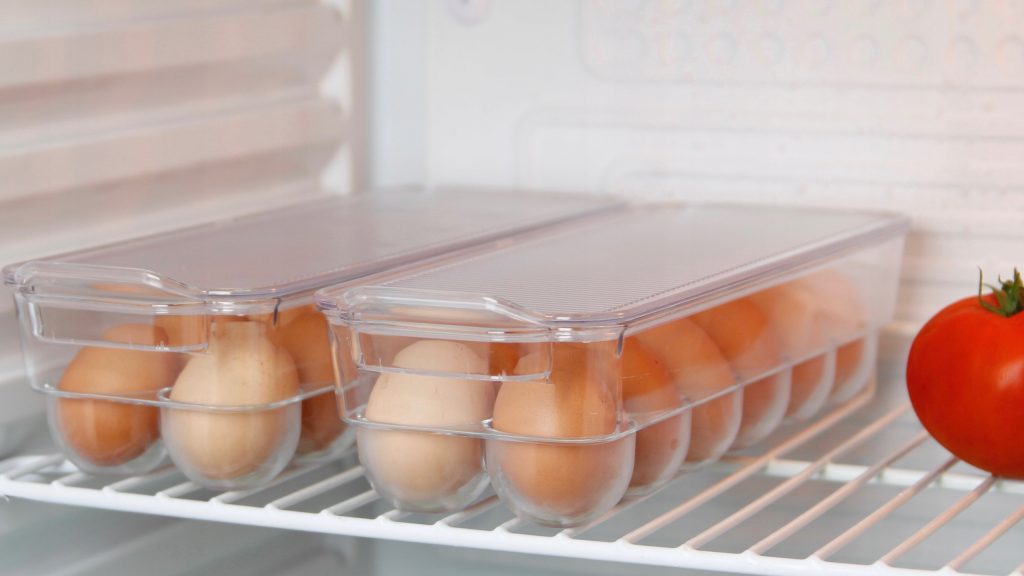
Do not store eggs in the refrigerator door
If you store eggs in the refrigerator, the best place for them is not the refrigerator door, as this is where they are subjected to the greatest temperature fluctuations due to constant opening and closing, which negatively affects their shelf life. According to the Consumer Advisory Center, the ideal place is the middle part of the refrigerator. It is best to store them with the pointed end facing downwards. Then the natural air chamber in the egg is at the top and it will keep longer.
If possible, do not store eggs in direct contact with strong-smelling foods, such as onions, as the shell is permeable to air and eggs can absorb odors.
The test in a glass of water: is the egg still fresh?
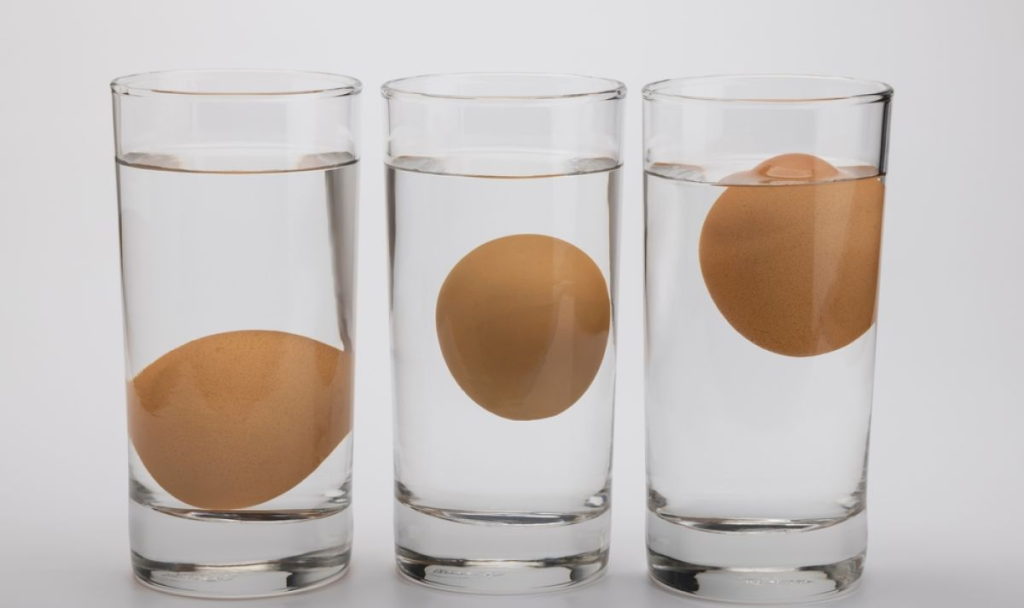
It’s easy to check if a raw egg is fresh: just dip it into a glass of cold water. A fresh egg will stay at the bottom, while older eggs will rise or float to the surface. This is because the liquid has already evaporated from the old egg through the shell, and the inner cavity provides buoyancy. With a little practice, you can tell after cracking whether an egg is fresh or a little older: in fresh eggs, the yolk and albumen are convex, while in old eggs, the albumen spreads far apart and the yolk is flatter.
Cooking and odor protect against germs
If you’re not sure if an egg is still fresh, thoroughly boil, broil or fry it. This eliminates the risk of germs. You can then easily and safely taste and smell whether the egg is edible: if it still smells and tastes good, it is still good.
What is the shelf life of a hard boiled egg?
Unlike hard-boiled eggs, hard-boiled eggs should not be hardened as this reduces their shelf life. When stored in the refrigerator, hard-boiled eggs remain edible for about four weeks. Sometimes a greenish rim forms around the yolk. This is the result of a chemical reaction between the iron in the yolk and the sulfur in the white during cooking. However, this does not change the flavor or quality.
By the way, it is impossible to influence whether it is easy to remove the shell from the egg after cooking. It depends on the freshness of the egg: the fresher it is, the harder it is to peel.
